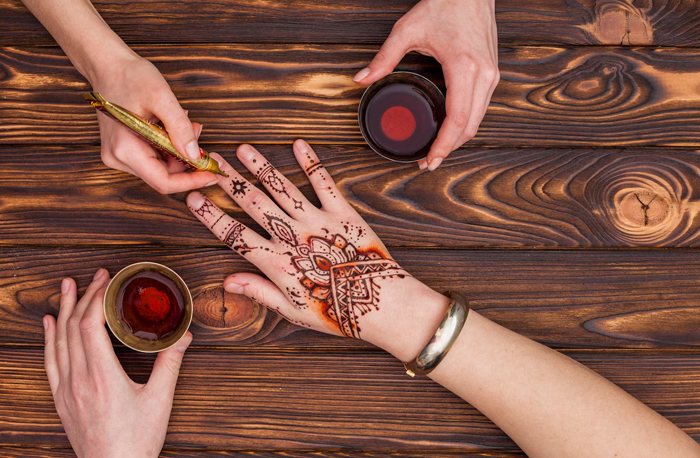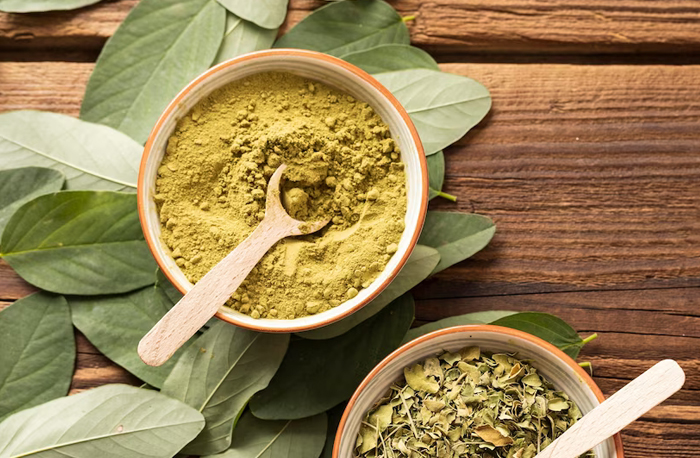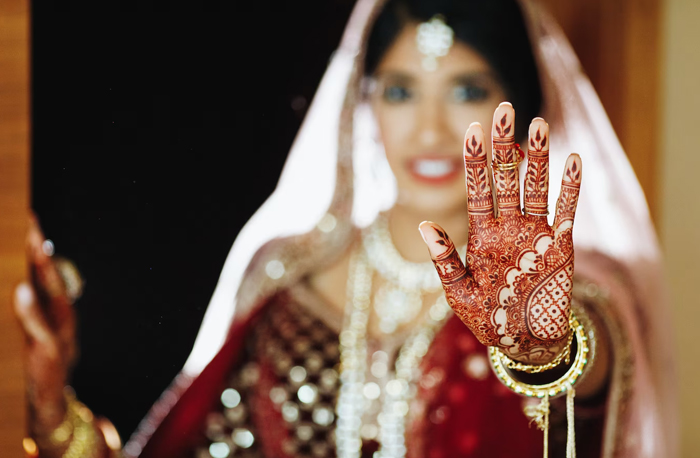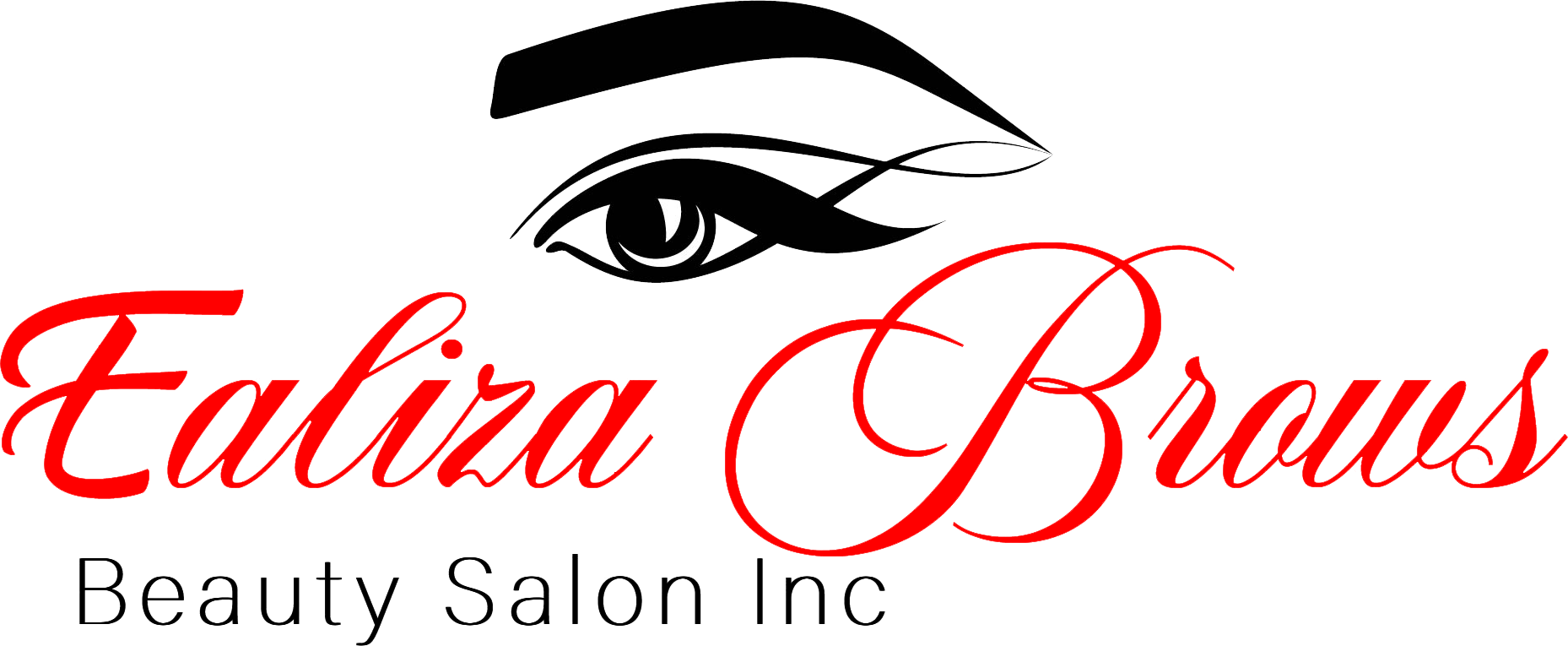Henna Art
It's safe to say most people have heard of henna tattoos, but how many people actually know more than a few basic facts about them? We're here to fix that. For those who don't know anything about henna tattooing, it's an ancient practice that uses temporary brown dye rather than ink to create designs with significant and often spiritual meaning. While the form of body adornment dates back a cool 5,000 years, it's generally used today to express luck and happiness, and is often featured at ceremonial events like weddings and births. If you attend a traditional Indian wedding, henna will almost always be a part of the celebration.
Price
What Is Henna?
While the term “henna” is Arabic and is tied to many cultures and religions, it’s most predominant in India where it’s known as mehndi. Savla explains that henna is a crucial part of many Indian celebrations, including Diwali, engagements, and weddings. The henna itself is a temporary dye that has gained popularity for its beauty, but among Indian culture it’s considered more of a ritual. “There is often a dedicated event for the bridal parties to have their mehndi applied,” says Savla. “There’s a saying that the darker the mehndi is, the stronger the marriage will be.”

How Long Does It Last?
Those unfamiliar with the practice may question if henna tattoos are permanent, and while they are temporary, there are a few factors that go into the longevity of them. Savla says, “Once applied, it’s said the longer you leave it on to absorb into the skin, the darker it will be. The darker it is, the longer it will last.” She also explains how the placement of the henna will also play a role in how long it lasts. “Hands and feet, which are used often and exposed to water and soap, might start fading away after one week and fully disappear at two weeks,” she notes. “Placement on the back or upper arm have potential to last an additional week or two.”

Ealiza Brow Tips
Savla notes that while most henna pastes include natural ingredients to elevate the natural colors, black henna—a type of henna that’s been laced with a harmful substance to make it darker and last longer—has gained recognition over the years. These additives can pose major risks to the skin in the form of chemical burns and allergic reactions.


